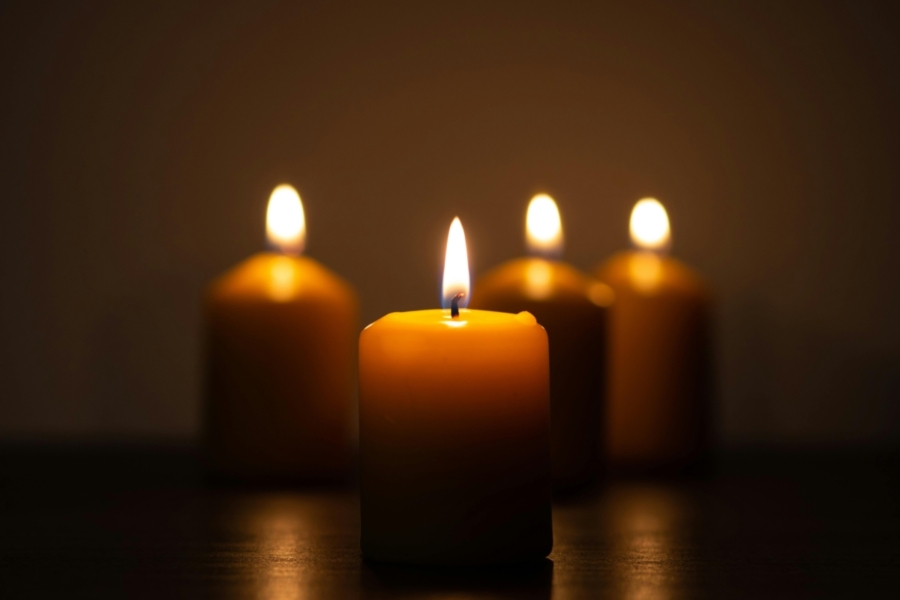As the extrajudicial killing of people for alleged drug offences continues in the Philippines, the president’s son has been cleared of trafficking – following a formal investigation.
Paolo Duterte, son of leader Rodrigo Duterte, had been accused of involvement in the attempted importation of 602kg of methamphetamine (often referred to as “shabu”) into the Philippines from China in 2017. The haul, valued by the state at $125million, was found in a shipment of printing cylinders. The president’s son-in-law was also alleged to be involved in the plot, and has also been cleared of involvement.
On May 2, the Office of the Ombudsman stated that "the complaints against former Davao City Vice-Mayor Paolo Duterte […] were dismissed for lack of basis".
According to the Office of the Ombudsman's investigators, “[customs agents] discovered and seized the shabu but the manner through which the discovery and seizure were made leaves much to be desired. Evidence suggests that numerous laws and administrative issuances pertaining to the proper search, seizure, handling and controlled delivery of drugs were violated by the public officers”.
Ombudsman Conchita Carpio-Morales, who manages the Office of the Ombudsman, “took no part in the fact-finding investigation”, the statement reads. This is notable, as Carpio-Morales and President Duterte have publicly clashed several times over the latter’s violent drug war, and over the former’s determination to investigate the President’s family. The President has previously vowed to impeach Carpio-Morales for being part of a “conspiracy” against him.
Paolo Duterte’s experience following a drug trafficking accusation differs considerably from the experiences of thousands of other people accused of drug offences in the Philippines; an estimated 12,000 people have been killed – without charge, trial, or investigation – for alleged involvement with drugs since President Duterte rose to power in July 2016.
The US State Department has accused the Philippines president of fuelling the bloodshed, noting his “numerous public statements suggesting that killing suspected drug traffickers and users was necessary to meet his goal of wiping out drug-related crime”.
The President's brutal crackdown has also garnered considerable domestic criticism. In December 2017, a senior Supreme Court justice denounced the approach for "going after the small-time peddlers [rather than] the big-time drug lords”. As TalkingDrugs has previously reported, the drug war has seemingly targeted some of the poorest people in Philippines society, including those living in slums.
In 2017, Amnesty International published a damning report – If You Are Poor, You Are Killed – describing how the Philippines drug war purposefully targets people in impoverished areas. The report includes an interview with two people claiming to be paid to kill people for drug offences; "usually our jobs are in the poor neighbourhoods”, one says, “what's wrong with the war on drugs is that no politician is [targeted], no rich people".
While Paolo Duterte may indeed be innocent of the charges levelled against him, the case has thrust into the spotlight one of the greatest controversies of the Philippines drug war: the rich are innocent unless proven guilty, while the poor can face death for mere allegations.


